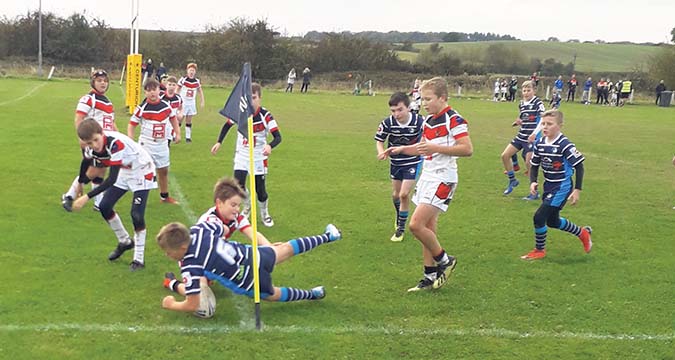 The announcement this week by the Prime Minister, Boris Johnson, may offer a clue as to when amateur Rugby League players can aim to return to action.
It’s not far off a year now since the first Covid-19 lockdown was invoked and grassroots players, not to mention referees, coaches and those who run clubs, are understandably growing increasingl
The announcement this week by the Prime Minister, Boris Johnson, may offer a clue as to when amateur Rugby League players can aim to return to action.
It’s not far off a year now since the first Covid-19 lockdown was invoked and grassroots players, not to mention referees, coaches and those who run clubs, are understandably growing increasingl Stress test for grassroots volunteers
 The announcement this week by the Prime Minister, Boris Johnson, may offer a clue as to when amateur Rugby League players can aim to return to action.
It’s not far off a year now since the first Covid-19 lockdown was invoked and grassroots players, not to mention referees, coaches and those who run clubs, are understandably growing increasingl
The announcement this week by the Prime Minister, Boris Johnson, may offer a clue as to when amateur Rugby League players can aim to return to action.
It’s not far off a year now since the first Covid-19 lockdown was invoked and grassroots players, not to mention referees, coaches and those who run clubs, are understandably growing increasingl 